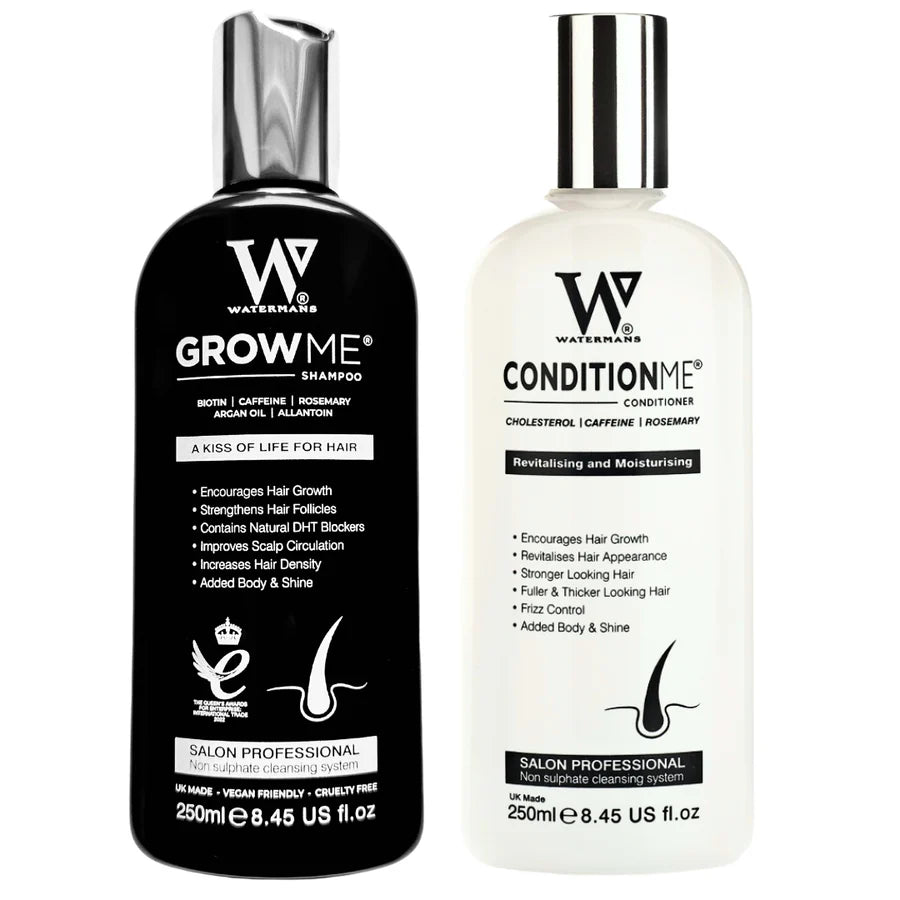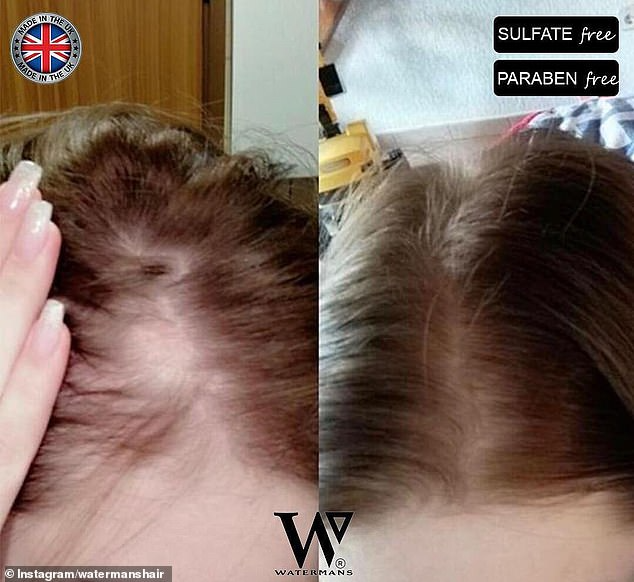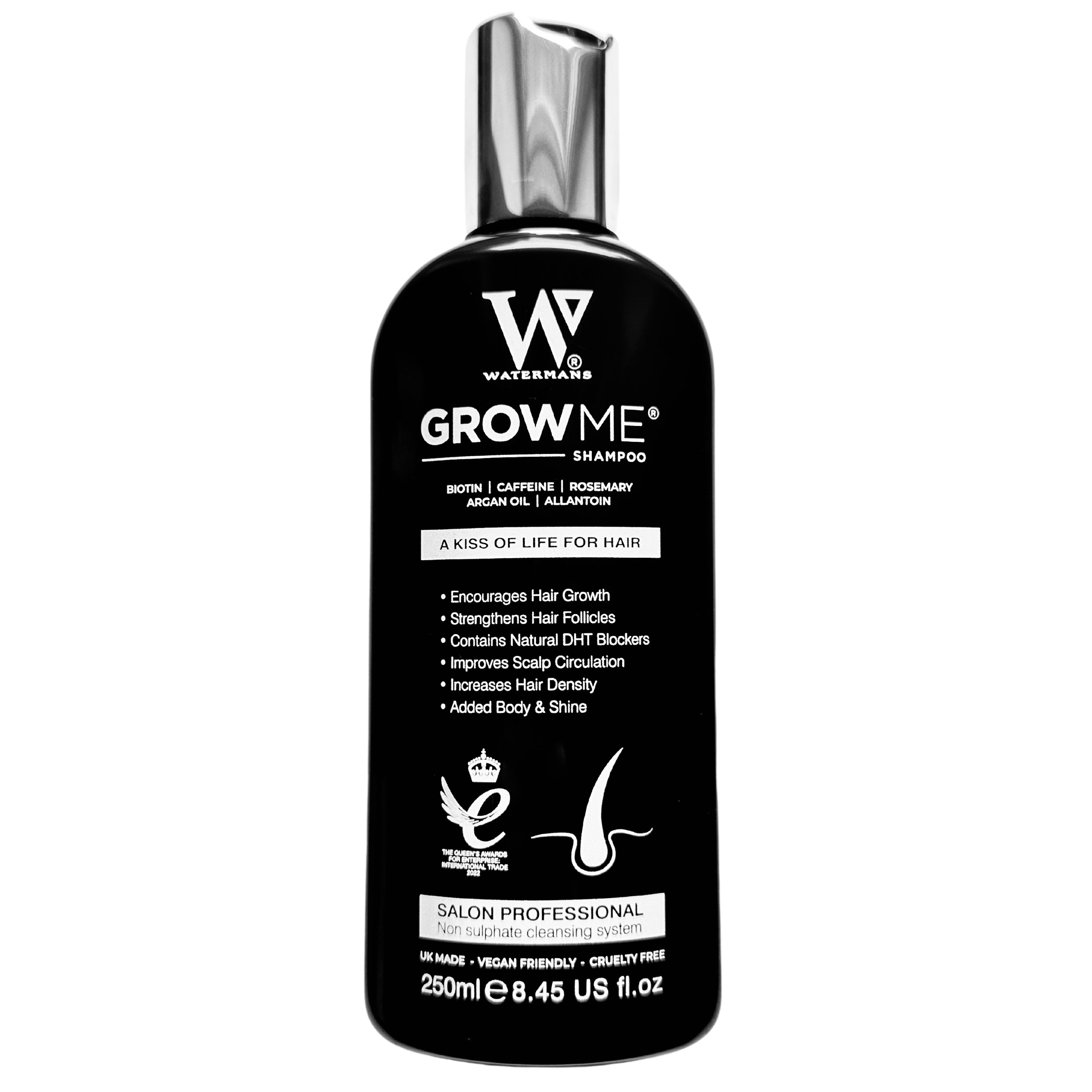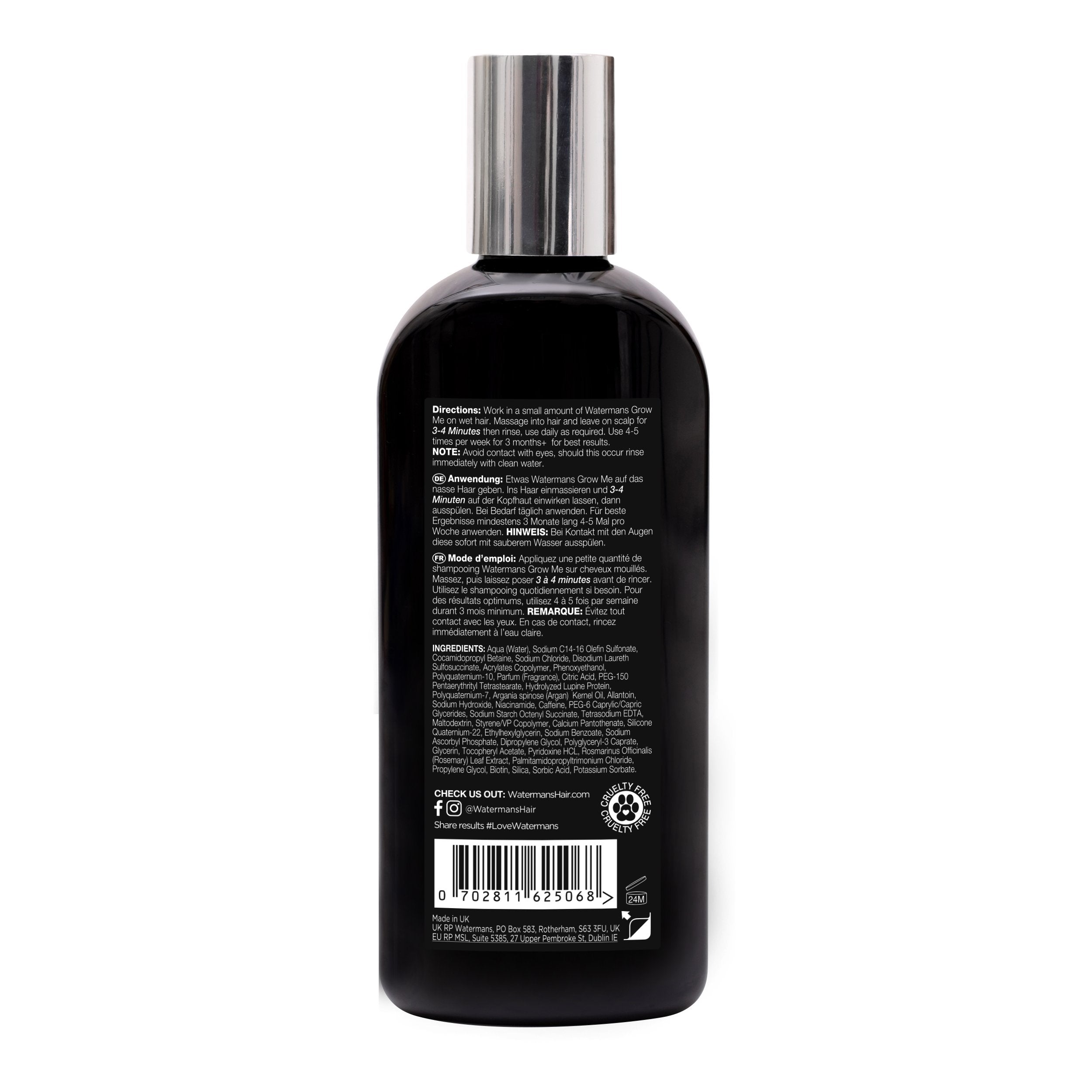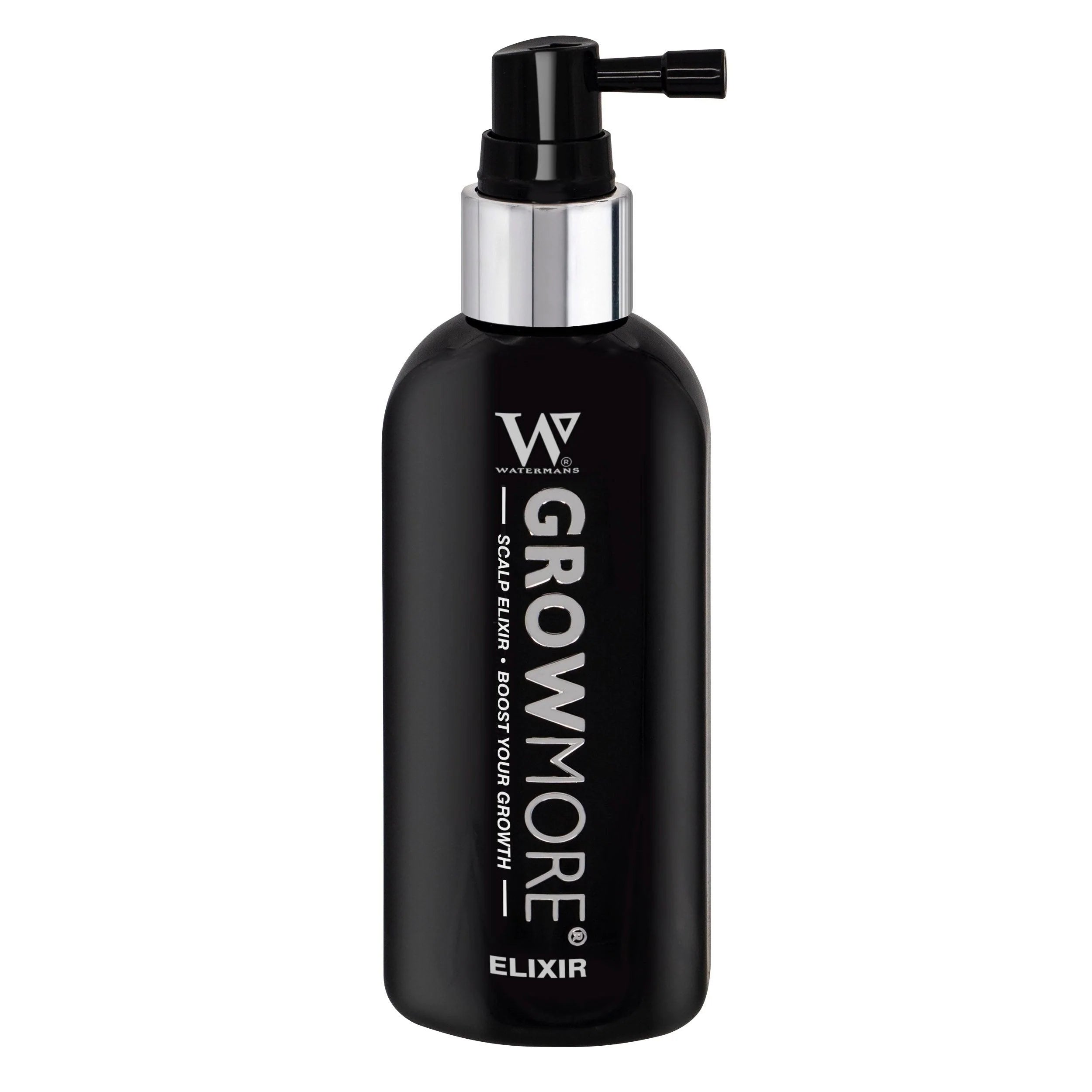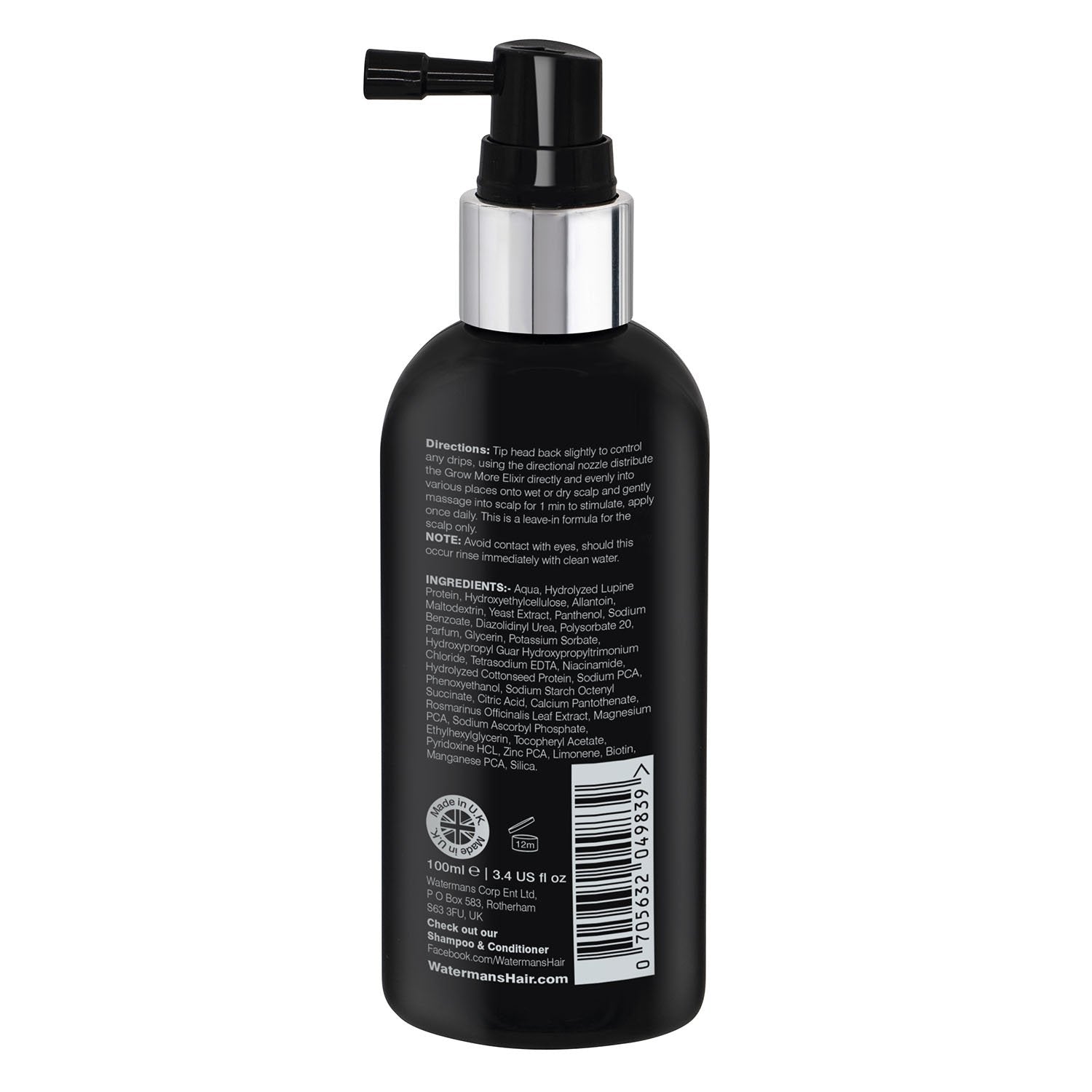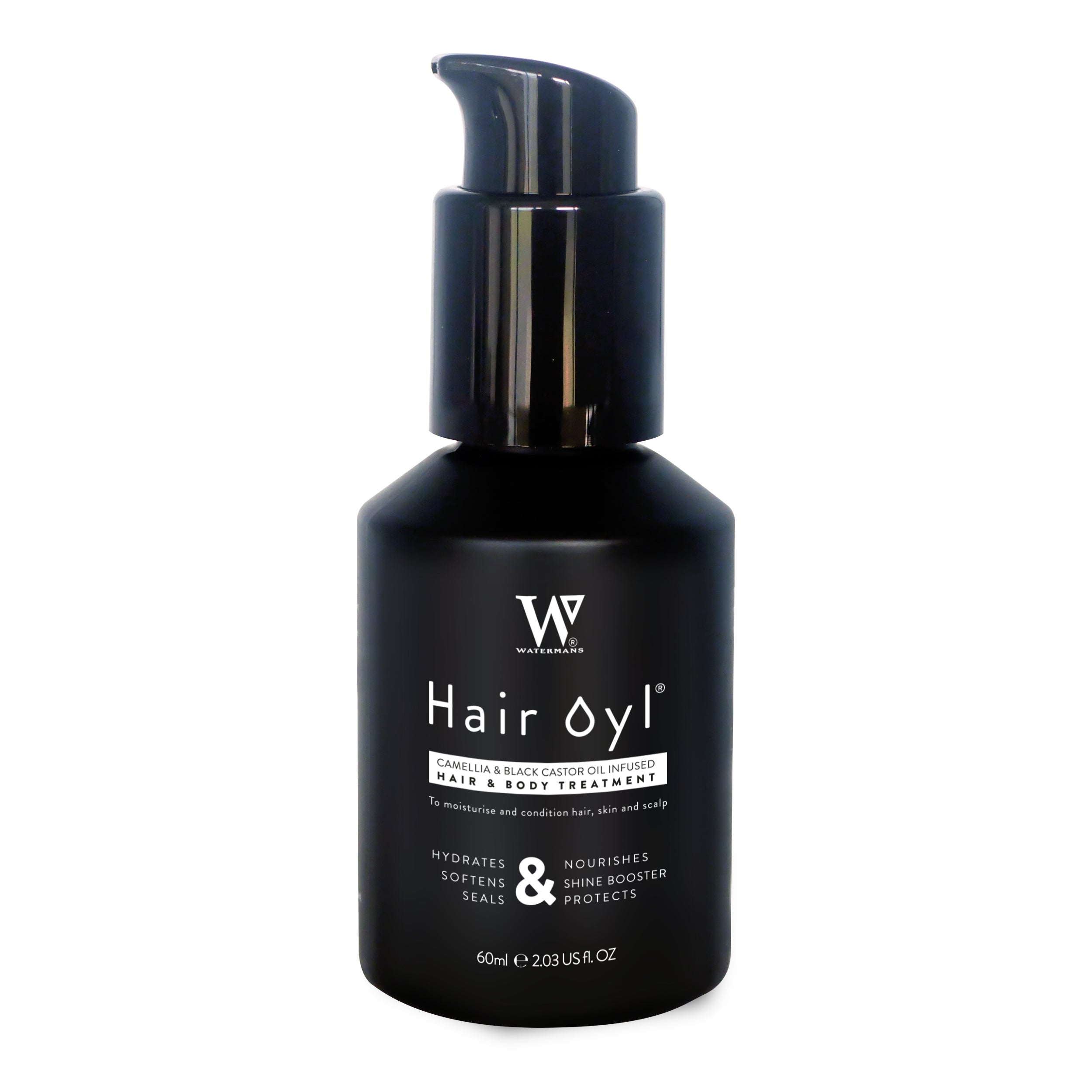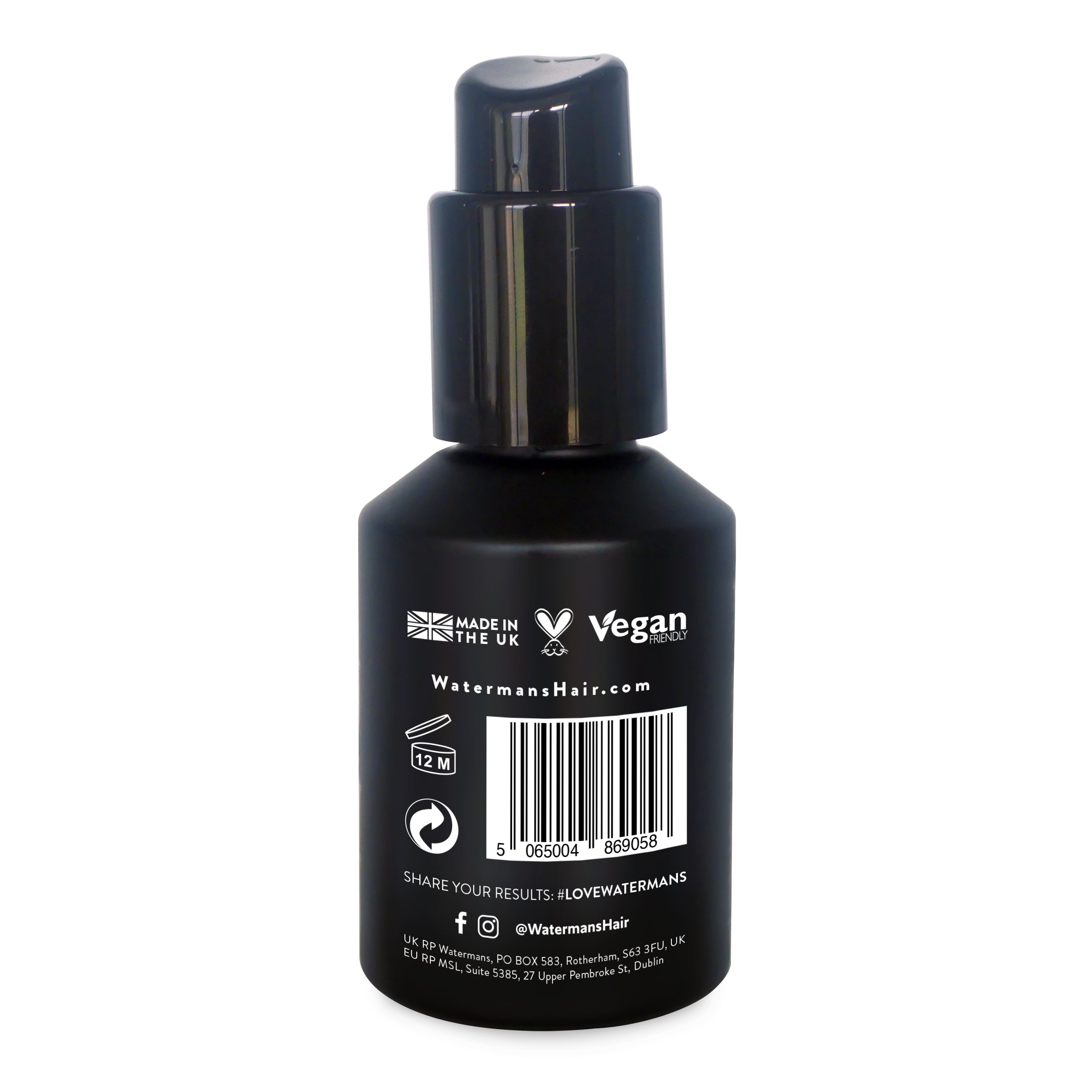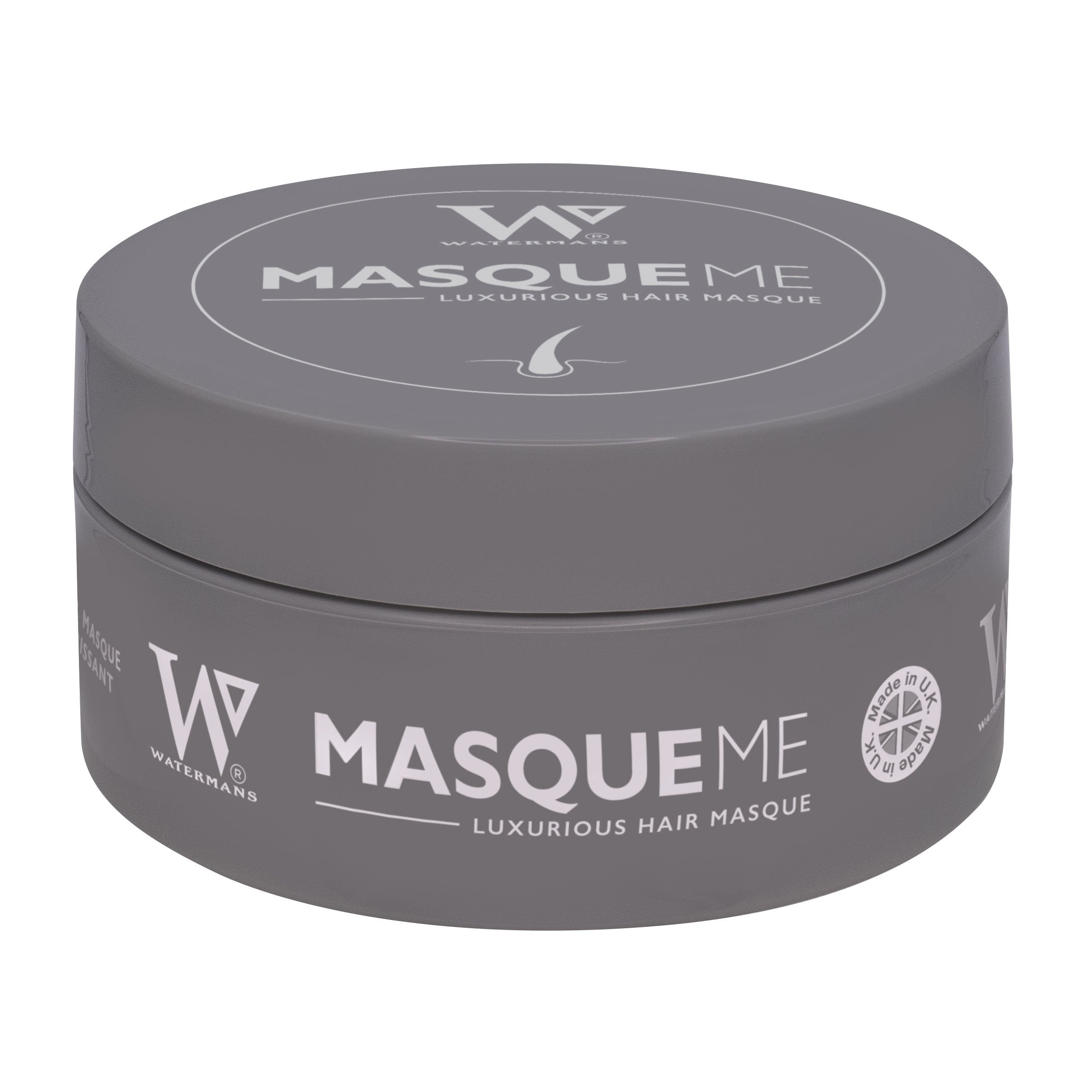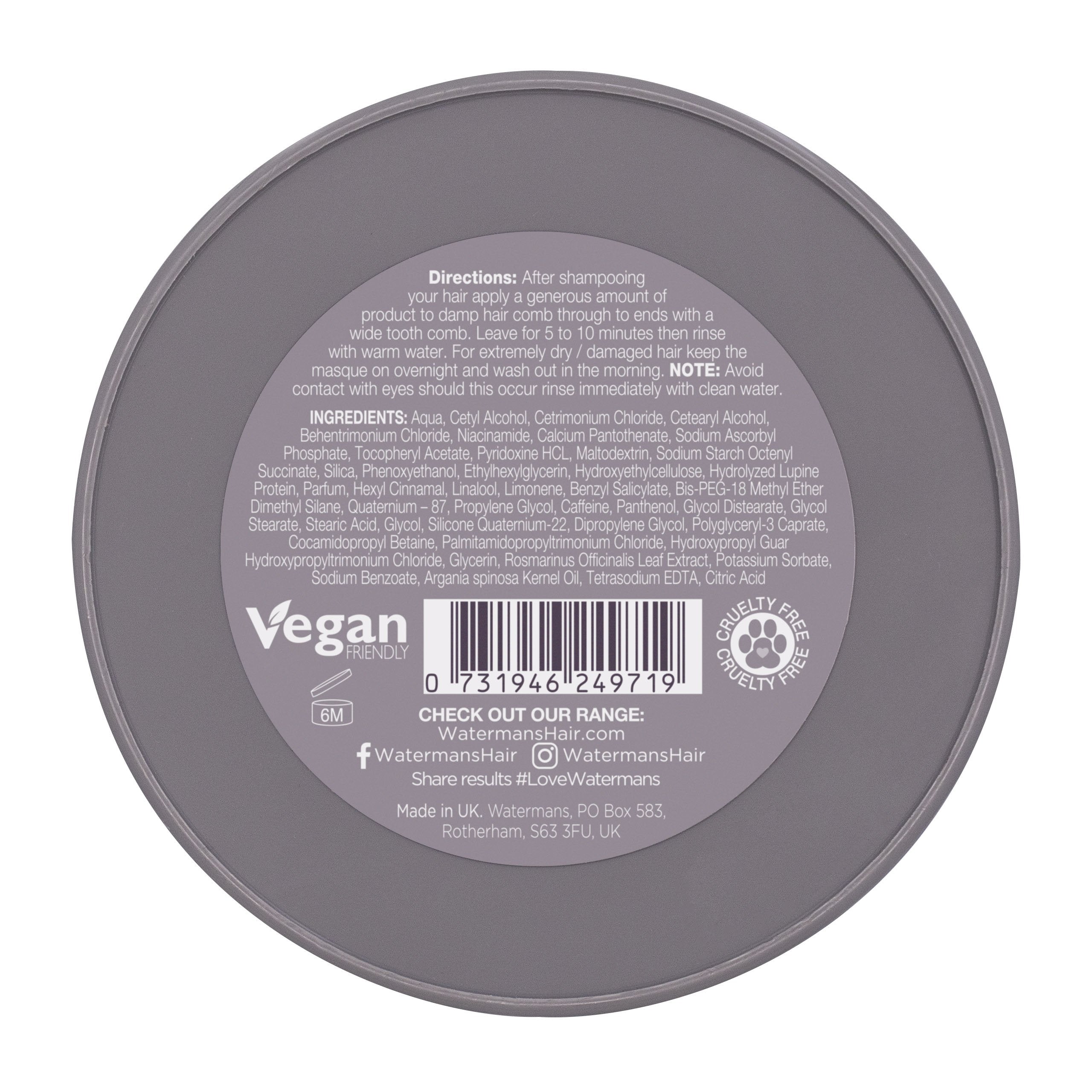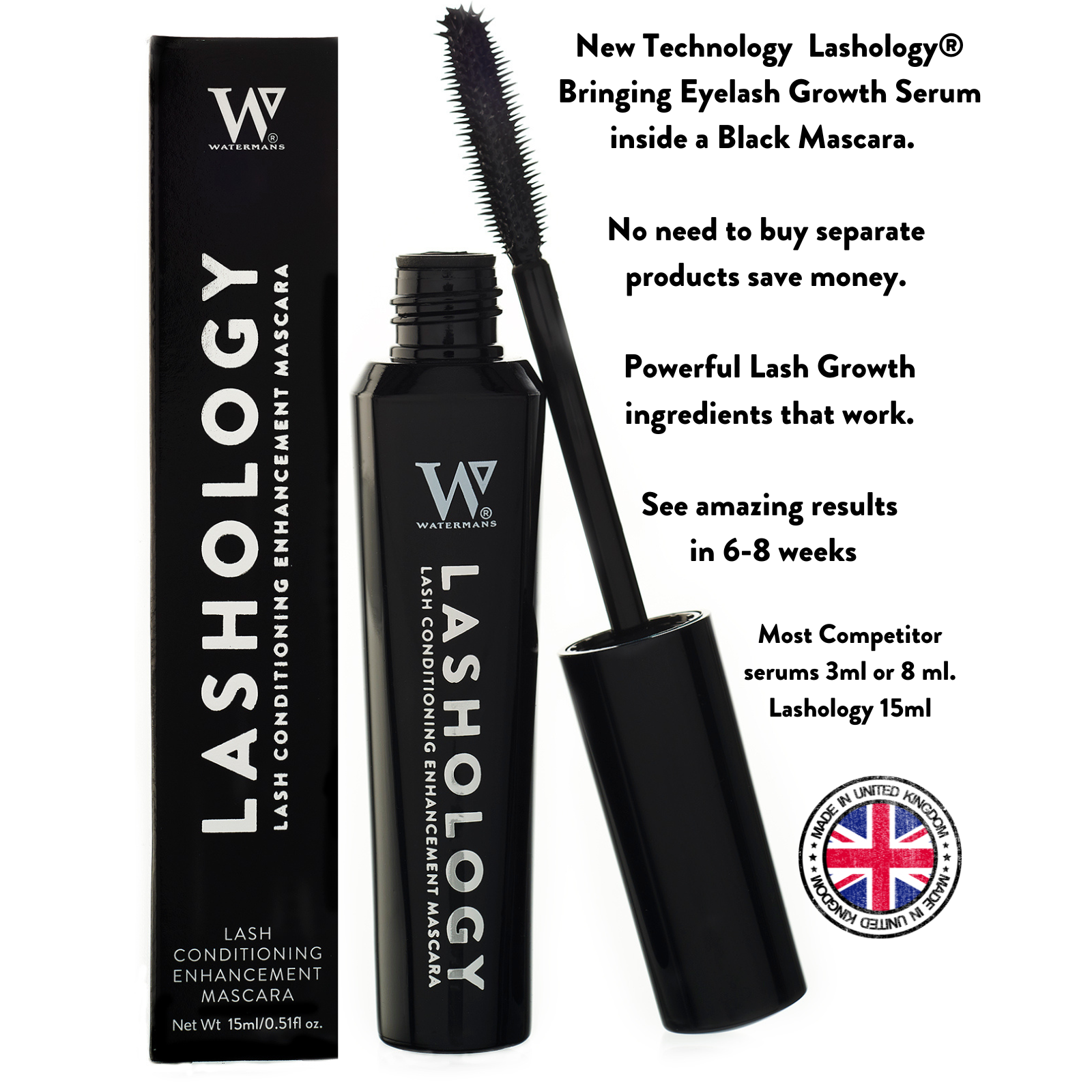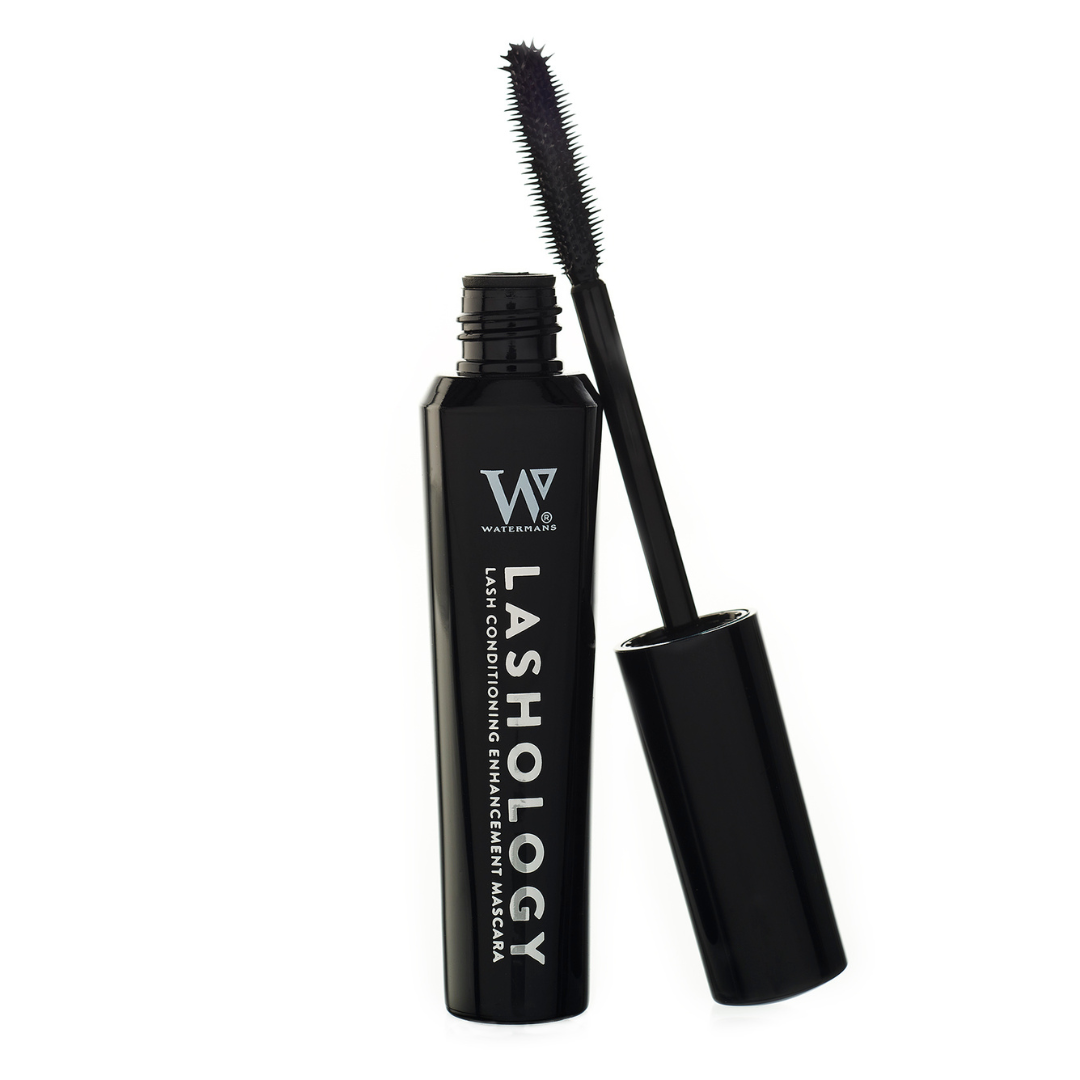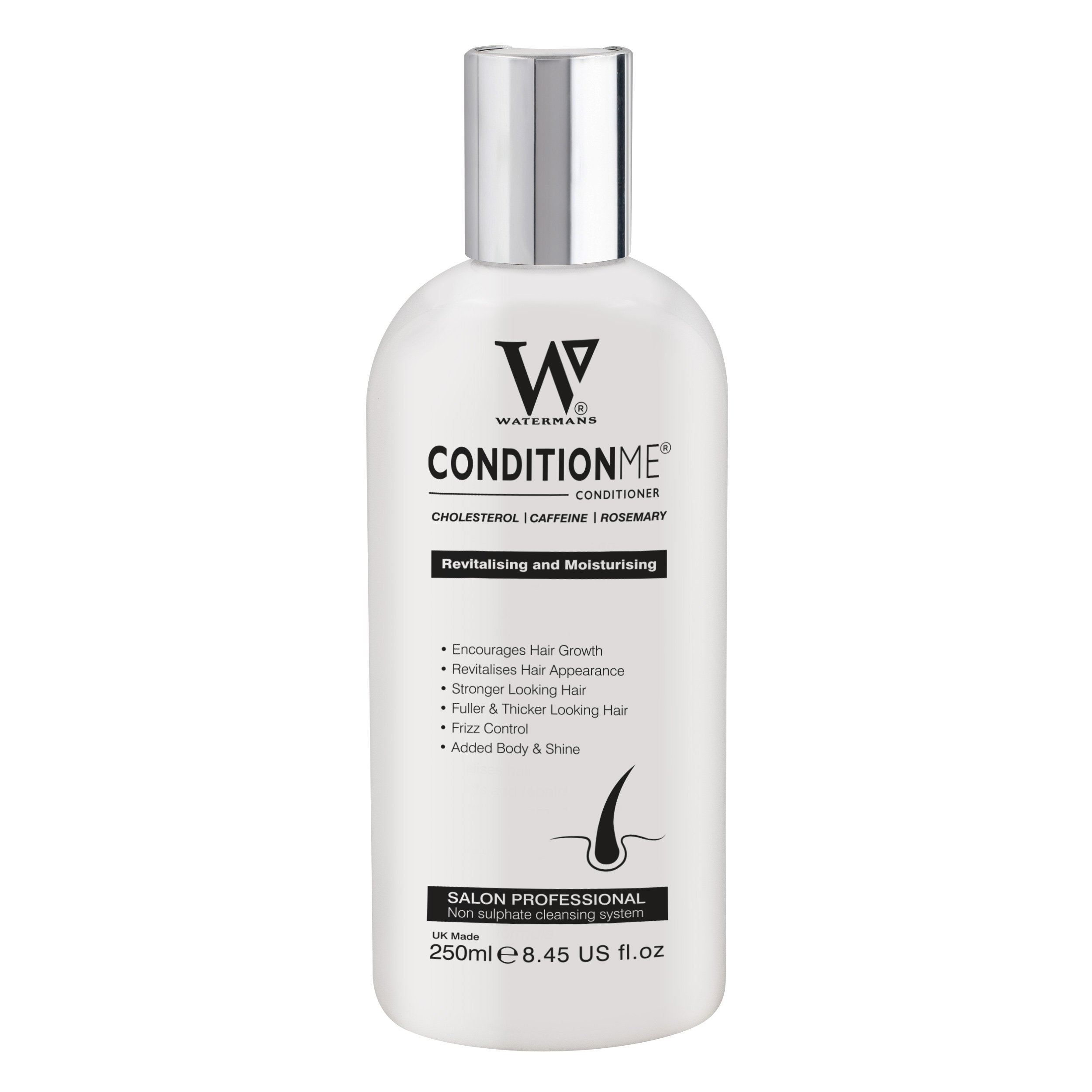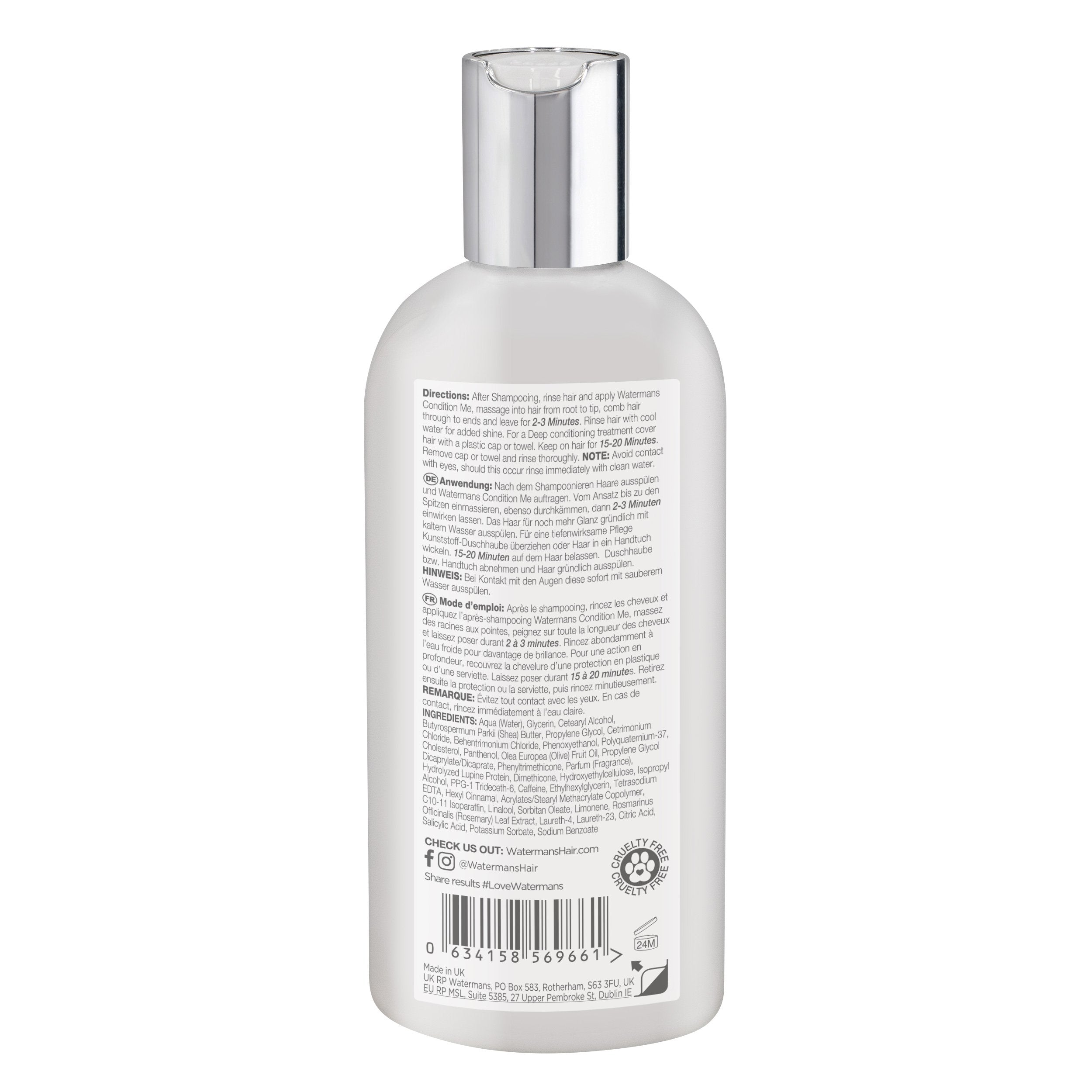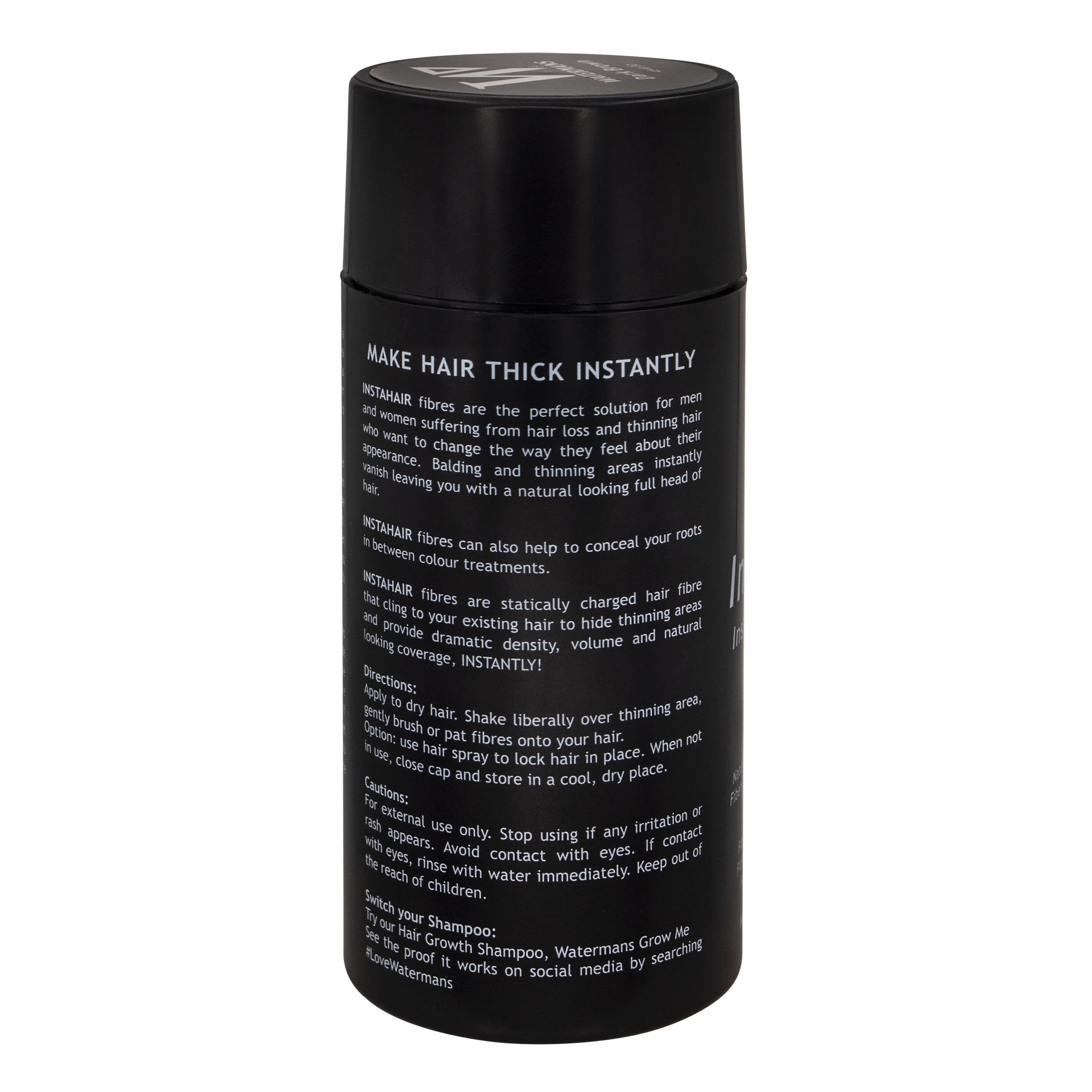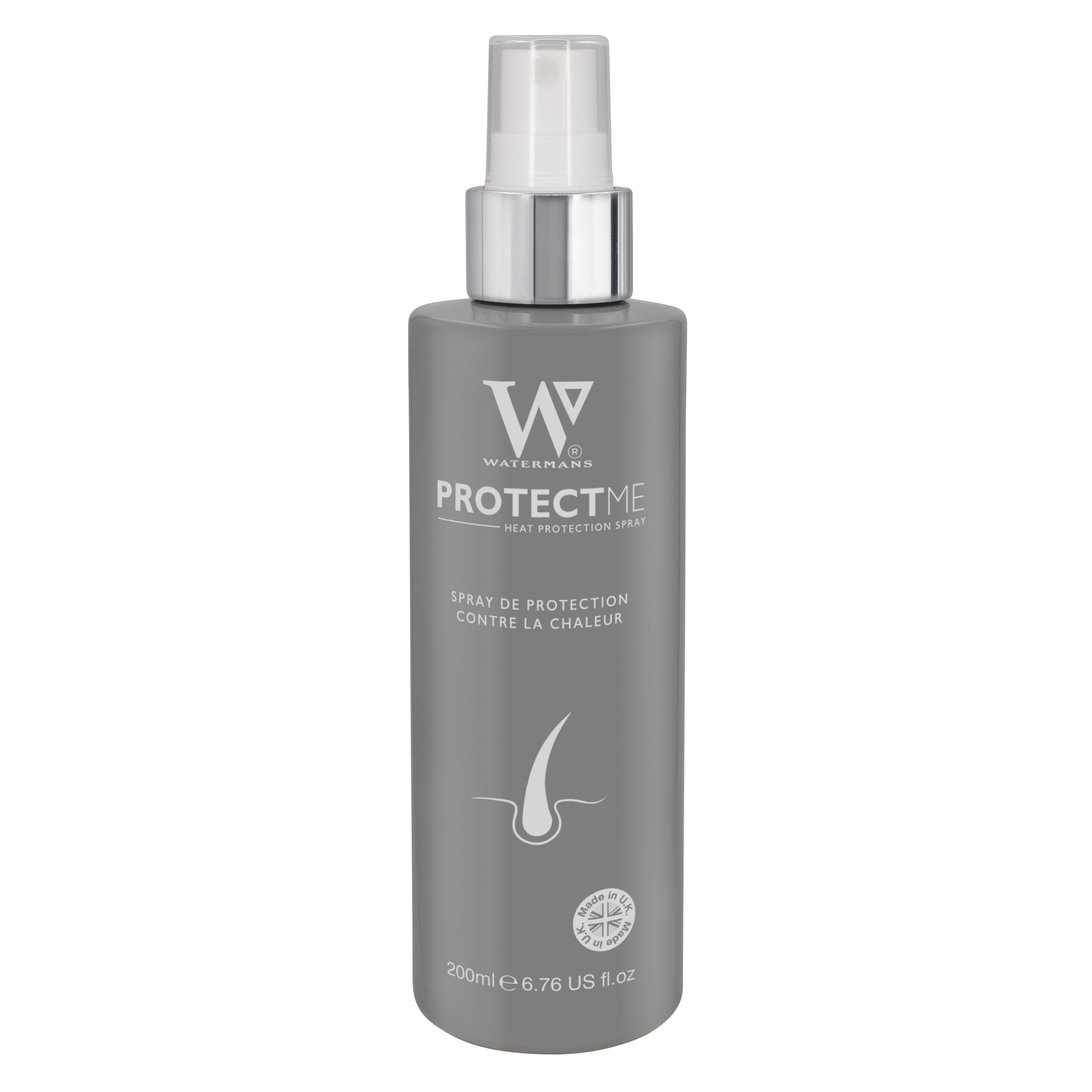
When it comes to hair health, many of us face challenges that can shake our confidence and cause frustration. Many lose hair, see thinning strands, or deal with scalp issues. A trichologist, who studies hair and scalp health, can help. If you need a trichologist near Cleveland, you are in the right place. This article walks you through what a trichologist does, why they matter, and how to find a good one in Cleveland.
What is a Trichologist?
A trichologist works on problems of the hair and scalp. They study hair loss, scalp treatments, and point out the best hair care products. Unlike some skin doctors, a trichologist pinpoints issues of hair and scalp.
Why You Might Need a Trichologist
You may not know when to see a trichologist. But if you see any of these signs, it may be time:
- Sudden hair loss: Notice too much hair in your brush? It may mean an issue.
- Thinning hair: Many see their hair thin as they age, yet help exists.
- Scalp problems: Signs like flakes, red patches, or irritation mean that your scalp needs care.
- Product doubts: With many hair products around, a trichologist can point out which ones are good for you.
What to Expect During Your First Visit
At your first appointment, a trichologist will study your hair and scalp. Here is what you may see:
- Health History: You talk about your own and family health. Genes can shape hair health.
- Scalp Check: The trichologist looks at your scalp. They may use a special camera to see each hair more clearly.
- Symptom Talk: You share your hair routines, stress, and daily care habits.
- Treatment Advice: With all this talk, you get tips like creams, supplements, or new routines.
Finding a Trichologist Near Cleveland
How do you find a trichologist in Cleveland? Here are some simple tips:
Ask Around
Friends, family, and even your hairstylist might know a good trichologist. They can share their own stories about the help they received.
Read Online Reviews
The net gives you access to many opinions. Sites like Yelp and Google Reviews can show you stories from past patients. Look for many high ratings. This may show the trichologist knows their work.
Check Qualifications
Make sure the trichologist has good training. They may have a certification or be in a group like the International Association of Trichologists. These signs mean that you work with someone smart in the field.
Set Up a Meeting
Many trichologists let you meet them first. Ask your care questions, share your worries, and see if you feel at ease with their way of treating you.
Look at Their Methods
Not all trichologists work the same. Some use medicine, while others choose natural routes. If you want a natural way to deal with hair loss, try Watermans Grow Me Shampoo. This shampoo has natural parts like biotin, rosemary, caffeine, and argan oil. It works to wake up your scalp and help hair grow. Check it out here.
Nutritional Factors Impacting Hair Health
Good nutrition is a key part of a strong head of hair. It helps why a balanced diet with good nutrients can boost hair growth. Watch for these:
Protein
Hair is made up mostly of protein called keratin. Eating enough protein from lean meat, fish, eggs, beans, or nuts can help your hair grow well.
Vitamins and Minerals
- Vitamin A: Helps make oil that keeps your hair safe.
- Biotin: Known as the ‘hair growth vitamin,’ it can firm your hair and help new strands.
- Zinc: Helps form hair tissue and can fix hair damage.
Don’t forget to drink water. Being well hydrated helps your hair, too.
Common Hair and Scalp Issues
Knowing what troubles your hair and scalp can help you talk better with your trichologist. Some common problems are:
Alopecia Areata
This is when your body makes an attack on your own hair. It can cause bald spots. Options for care can vary.
Androgenetic Alopecia
Known as pattern baldness, this genetic mark causes slow thinning over time. There are several ways to help keep hair growing.
Scalp Psoriasis
This long-lasting skin issue makes red, flaky spots on the scalp. Special treatments and small changes in your way of life can help.
Dandruff
Flaking and sometimes itching mark dandruff. Over-the-counter shampoos can help keep this in check.
Did You Know?
- Hair grows in cycles: Hair grows, rests, and then falls. On average, hair grows about half an inch each month.
- Losing hair daily is normal: You may lose 50 to 100 hairs a day as a part of nature.
- Scalp health matters: A good scalp helps your hair grow best. If you have dandruff or psoriasis, hair may not grow well.
- Stress can cut hair growth: High stress can slow hair growth. Try calm methods like yoga or deep breathing for a little help.
Frequently Asked Questions
Q1: What is the difference between a trichologist and a dermatologist?
A trichologist sticks only to hair and scalp health. A dermatologist has a wider view and sees the skin as a whole. When you worry about hair, a trichologist can give focused help.
Q2: How can I prepare for my first trichologist meeting?
Write down your hair care routine, any medicines you take, and note any changes you see in your hair or scalp.
Q3: Do insurance plans pay for a trichologist?
This depends on your plan. Check with your insurance before your visit.
Q4: Can I see a trichologist for an itchy scalp?
Yes. A trichologist can look at your scalp and find the cause of the itch, then help find a way to feel better.
Q5: How long does it take to see changes from hair loss care?
Each person is different. It may take weeks or months to see clear changes.
Q6: Are there natural ways to help hair grow?
Yes. Natural items like Watermans Grow Me Shampoo, with biotin, rosemary, and caffeine, can work well to support natural hair care.
Q7: What lifestyle moves can help hair care?
Stay true to a balanced diet with protein, vitamins, and minerals. Skip harsh chemicals and too much heat. Also, keep well hydrated.
Q8: Is hair loss passed down in a family?
Yes, family genes play a large part in hair loss. Many men and women see this happen.
Q9: Can a trichologist help pick out hair care products?
Yes. A trichologist can show you products that match your own hair type and needs.
Q10: How often should I meet with a trichologist?
This depends on you. Some may need monthly visits during care, while others may only visit if they see changes.
Taking time to meet a skilled trichologist near Cleveland can set you on the way to a better hair and scalp day by day! Try adding Watermans Grow Me Shampoo here into your routine for a natural boost.


